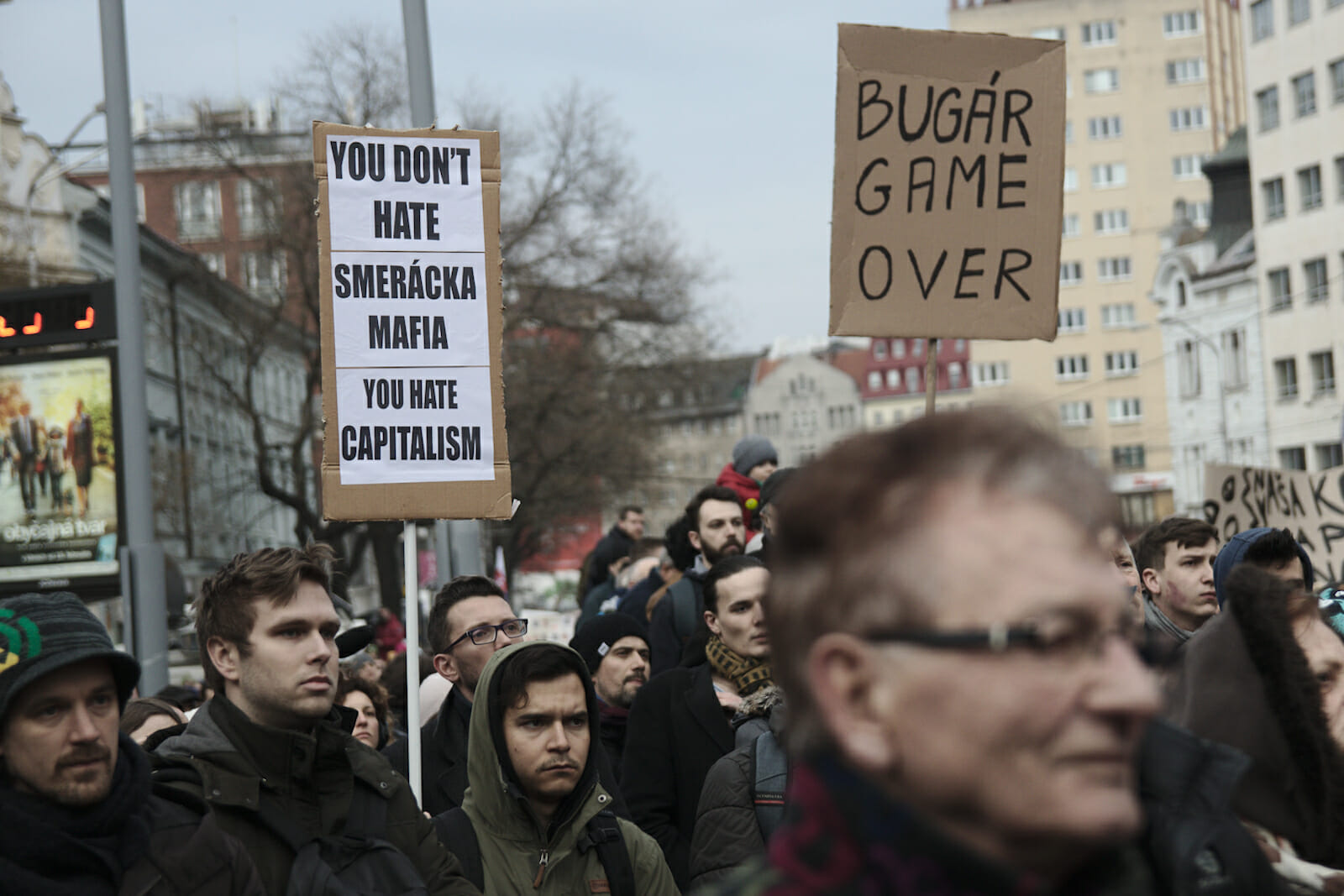
Media
States have a Basic Duty to Protect Journalists. They are Failing.
The task of journalists is to give an account of reality, revealing it in the broadest, deepest, and most relevant manner possible, not only by portraying events but also explaining complex situations and changes, reflecting both the positive and negative aspects of human activities and allowing the public to distinguish the important from the trivial. The freedom and safety of journalists, the independence of news and information and respect for journalistic ethics are all essential conditions for the practice of journalism, regardless of the status of those who practice it.
Undeniably, they are a key component of society’s ability to seek the truth in an open and diverse manner. Truly said, the work performed by journalists, writers and researchers is not only essential components of the fight against social ills such as corruption, but it also serves to protect human rights such as political participation, by ensuring informed choices. And not the least, journalists often challenge orthodoxy and established power structures, and as such, become targets.
The ongoing global backlash over the Khashoggi killing “is the biggest event in the region since the Arab Spring,” said Michael Stephens, a researcher at the Royal United Services Institute, a London think tank. The safety and security of journalists has become the rising voice of international civil society. Seven journalists — many of them investigating corruption — have now been killed in Europe over the last two years. Bulgarian reporter Viktoria Marinova became the latest to be murdered in October, a year on from the most high-profile killings. The brutal “Mafia-style” murder of Maltese investigative journalist Daphne Caruana Galizia shocked the continent. Slovakia-based investigative journalist Ján Kuciak was murdered in February 2018 and the subsequent national outcry helped topple the government.
The universal right of freedom of opinion and expression includes the right to impart, seek, and to receive information. Violence, harassment and intimidation directed against journalists represents an attack on democracy itself. They have the effect of shifting freedom of the media and freedom of expression, depriving people of the ability to make informed decisions about issues that affect their lives. Freedom of expression has been recognized internationally as a fundamental right on which the enjoyment of a range of other freedoms depends – such as freedom of assembly and the right to vote.
Make no mistake, “The murders of reporters in the EU and fears for a Saudi columnist highlight the growing threat to those in the media,” read an editorial in The Guardian. Needless to say, violence towards journalists threatens accountable and democratic governance and the protection of human rights.
In an appeal published in the international media, the Information and Democracy Commission wrote: “We urge leaders of good will on all continents to take action to promote democratic models and an open public debate in which citizens can take decisions on the basis of facts. The global information and communication space, which is a common good of humankind, must be protected in order to facilitate the exercise of freedom of expression and opinion while respecting the principles of pluralism, freedom, dignity and tolerance, and the ideal of reason and knowledge. To this end, we ask for strong commitment to be expressed as early as 11 November, during the Peace Forum, when dozens of political leaders will gather in Paris.”

